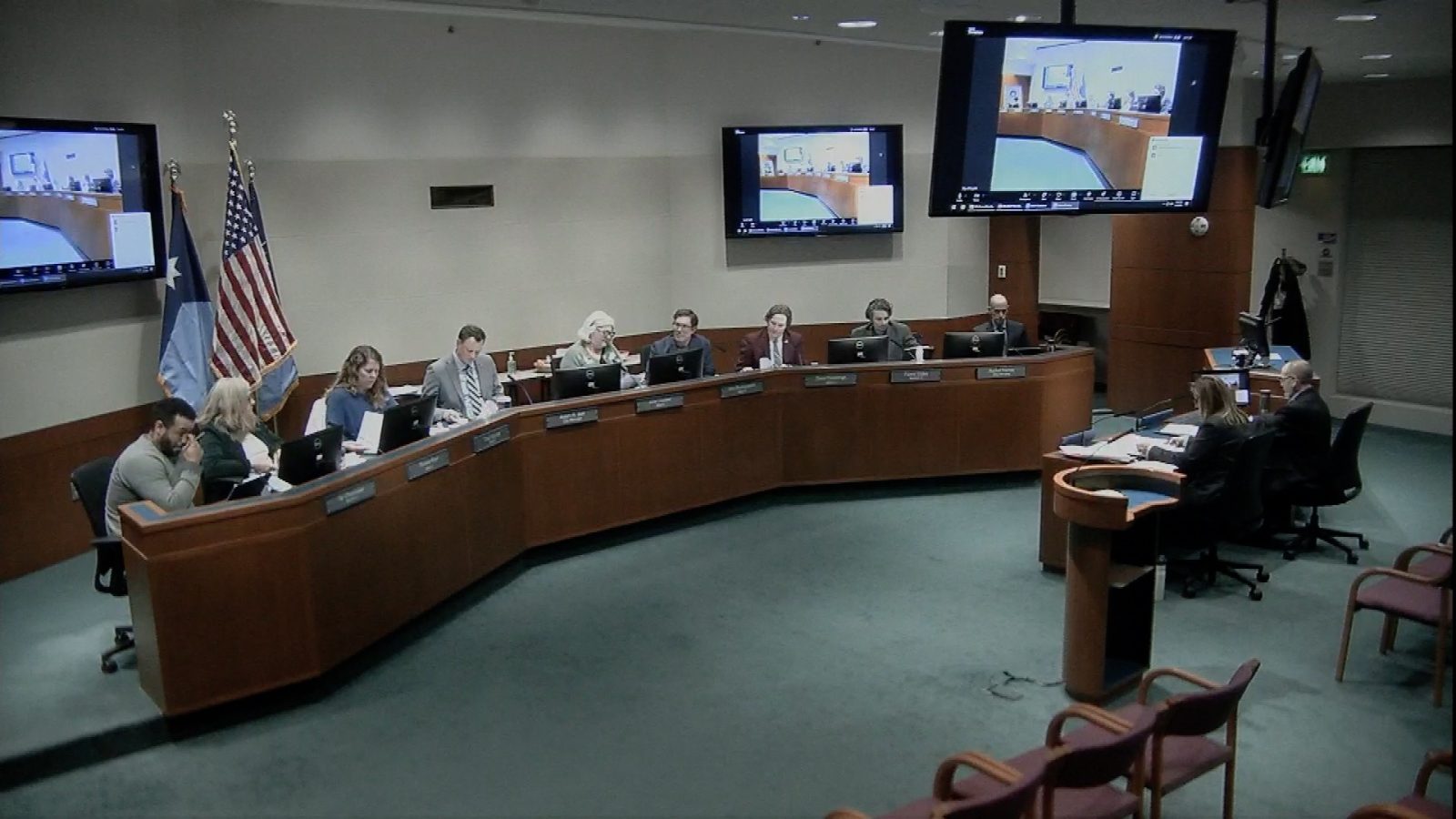Crystal Caps Liquor, Tobacco Licenses
The Crystal City Council voted unanimously to cap the number of off-sale liquor licenses and tobacco licenses in the city during its April 1 meeting.
This caps the number of licenses within the city to four off-sale liquor licenses and 10 tobacco licenses. According to Crystal city officials, the city has nine stores with off-sale liquor licenses. For tobacco, that number is 20.
Businesses that already have licenses will be allowed to continue their operations, but once they close, new businesses won’t have the license automatically renewed.
That is, if someone were to purchase an existing off-sale liquor or tobacco business, they’d have to apply for a new license within a year of their purchase. If the city has already exceeded the cap, the new applicant wouldn’t be eligible.
Crystal Community Development Director John Sutter said the city gets requests for new tobacco and liquor businesses about once a month. He sees the council’s decision as a positive move for the city.
“I would suspect that we would get even more as the years go on,” Sutter said. “So, the most important effect of this change is we are going to stop it. And very gradually, over time, hopefully we will reduce. But that is an unknown.”
New Penalty
The council also voted Tuesday to establish new penalties for tobacco and liquor license violations.
Crystal City Manager Adam Bell said the intent was to create a consistent standard for penalties.
Two options were presented for discussion: a penalty of either three or five days if a business violates its license within 36 months of its first violation.
Councilmember John Budziszewski said he thinks the city needs to be stricter.
“Based on my experience, if there’s a second violation within 36 months of the first violation, there’s a problem and I personally feel we have been rather lax when it comes to suspensions, and I would support a five-day suspension,” Budziszewski said.
Mayor Julie Deshler disagreed, voicing concerns for store employees if businesses were to shut down.
“Five days for a business to be closed is, you’ve got many other employees who are hourly employees, who through no fault of their own, are not going to get a salary, not going to get a paycheck, not going to be able to eat,” Deshler said.
It was a split vote — four voted in favor, and three against the five-day penalty. The five-day penalty passed.



